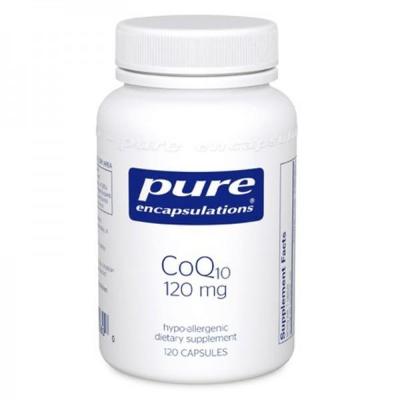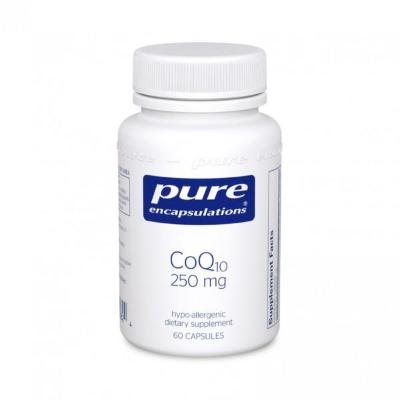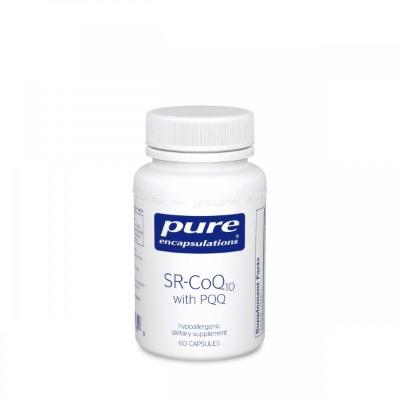Coenzyme Q10
The Body’s Sparkplug: supporting cellular energy
Coenzyme Q10 plays a vital function in our cell’s powerhouse, the mitochondria, generating adenosine triphosphate (ATP) which is the energy currency of lie. It also acts as a powerful fat-soluble antioxidant that protects cells and lipoproteins from oxidation.
While coenzyme q10 supports optimal mitochondrial function, Pyrroloquinoline quinone (PQQ) supports mitochondrial generation and repair. Laboratory studies show that PQQ supports production of new mitochondria and ATP generation.
Potential role in aging
According to mitochondrial and free-radical theories of aging, oxidative damage to cells by reactive oxygen species (ROS) plays a significant role in functional decline that is associated with aging. ROS are byproducts of ATP generation in the mitochondria. If not neutralized by antioxidants, ROS may damage mitochondria causing them to function less effectively leading to a snow-balling cascade of more ROS generation. Coenzyme Q10 plays an important role as an antioxidant and in generating ATP within the mitochondria. Concentrations of coenzyme Q10 have been found to decrease with age and therefore accompany age related declines.



